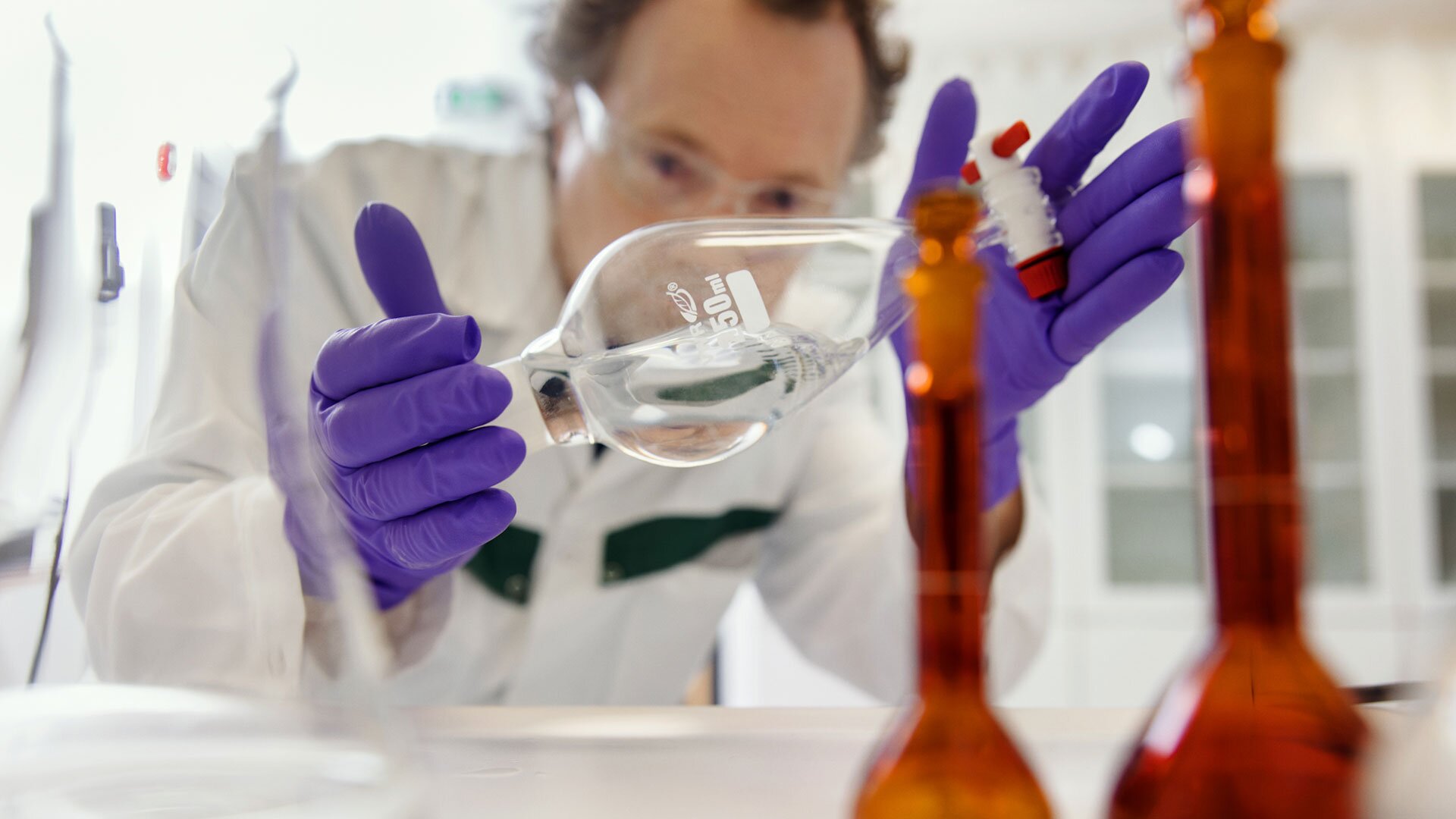The Board of Directors of the Orion Research Foundation will today award grants on the basis of applications amounting to a total of EUR 1 million for 2023. This year, the Board of the Research Foundation will also award two special grants of EUR 100,000 to mid-career researchers. The grants will be awarded to Associate Professor Tiina Sikanen from the Division of Pharmaceutical Chemistry and Technology at the University of Helsinki, and to Professor of Cancer Biology Jukka Westermarck from the Institute of Biomedicine and
Research Director at the Turku Bioscience Centre at the University of Turku.
Each year, the Orion Research Foundation distributes its investment income and the donation it receives from Orion Corporation as grants to young researchers and researchers who have recently gained doctorates to enable them to continue their research. In recent years, the Foundation has awarded grants by application amounting to a total of approximately EUR 1 million annually to researchers in the fields of medicine, veterinary medicine, pharmacy and related natural sciences such as chemistry and physics. This year, two special awards, which could not be applied for, will also be awarded. The two special grants will be awarded to mid-career researchers both for their valuable research work and for speaking publicly in support of research funding, thus promoting the cause of all researchers.
In the past, the Research Foundation has granted three special awards on the basis of various award criteria to Hannes Lohi, research group leader, in 2012, and to Academy Professor Johanna Ivaska and Professor of Pharmacogenetics Mikko Niemi in 2017.
Seeking a drug that is harmless for humans and the environment
Tiina Sikanen is Associate Professor at the Division of Pharmaceutical Chemistry and Technology at the University of Helsinki. She earned a PhD in pharmacy from the University of Helsinki in 2007 and a Master of Science in Technology degree in chemical engineering from Aalto University in 2010.
Associate Professor Sikanen’s research group develops microchip-based methods for studying the metabolism of pharmaceutical ingredients, in other words, their transformation, in the body using the enzymes of various animal species and humans. Sikanen’s aim is to develop methods that enable rapid and patient-specific metabolite analytics to support personalised treatments. Patient-specific metabolite analytics can reduce the side effects of medicines as well as drug residues that burden the environment.
“I want to form an overall idea of how research can provide a better understanding in the future of the environmental impacts and risks associated with pharmaceuticals ending up in the environment,” Sikanen says. In her appearances and publications, she has improved the public understanding of the environmental risks posed by active pharmaceutical ingredients and the need to reduce these risks among decision-makers, pharmaceutical and healthcare professionals and consumers.
Sikanen has received a number of major awards for her research, including the Award for Scientific Courage from the Academy of Finland in 2019 and the L'Orèal For Women in Science award in 2020. She has published more than 60 scientific articles.
Identifying the signalling mechanisms of cancer cells
Jukka Westermarck is Professor of Cancer Biology at the Department of Medical Biochemistry in the Faculty of Medicine and Research Director at the Turku Bioscience Centre at the University of Turku. He earned the degree of licentiate of medicine in 1996 and a doctorate in medicine with distinction in 1998 from the University of Turku.
His research team has endeavoured to identify the signalling mechanisms in cancer cells that promote malignancy in cancer. The group’s most significant achievement has been the identification of the CIP2A oncoprotein. This has provided new outlooks regarding the future opportunities of cancer treatment. CIP2A overproduction is one of the changes most commonly seen in cancer. “In about 70 per cent of all cancer samples, in almost all cancers, this mechanism is in operation.
Over the last 4 to 5 years, the biology associated with phosphatases has also received attention in drug development. We are now starting to get closer to being able to bring new treatment to patients,” says Westermarck.
Westermarck has received many awards for his successful scientific work, the most significant of which are the Young Investigator Award from the Finnish Medical Society Duodecim in 2007 and the Anders Jahre Young Scientist Award in 2009. He has published 116 original papers and 14 review articles.
Invitation to the award ceremony today, 27 October 2022 (The event will be held in Finnish)
Time: Thursday 27 October 2022 at 15.30 EEST
Place: Biomedicum, hall 3, Haartmaninkatu 8, Helsinki
Click here to join the meeting
Further information:
Anu Imppola
Manager, Orion Research Foundation
Tel. +358 50 966 3803
anu.imppola@orion.fi
Media contacts:
Terhi Ormio
VP, Communications, Orion Corporation
Tel. +358 50 966 4646
terhi.ormio@orion.fi
Published by:
Orion Research Foundation sr
Attachments








